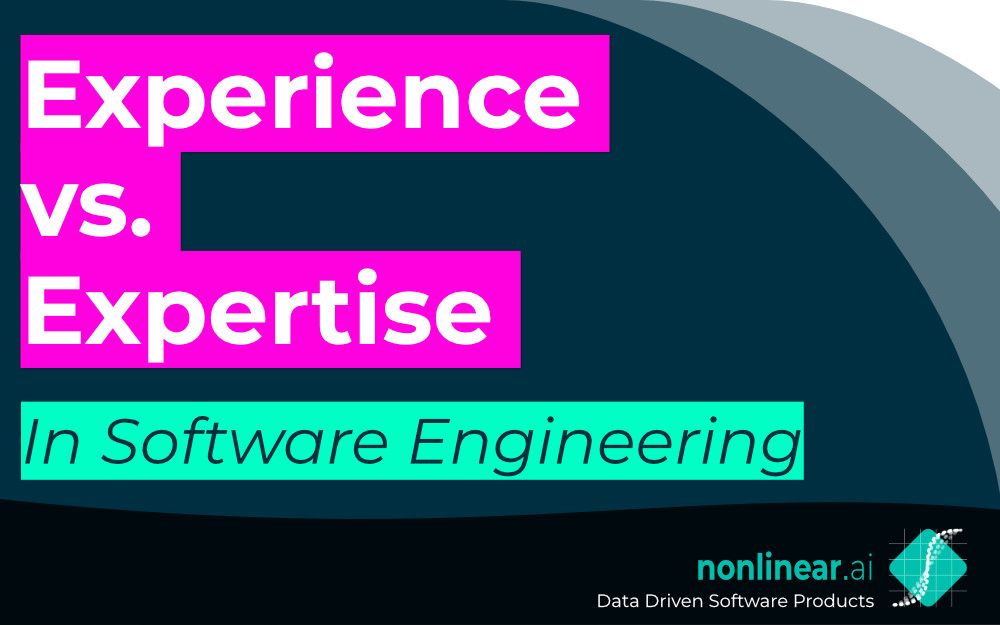Introduction
I’ve been cooking for almost 20 years multiple times a week. Mostly for myself and my family. So I guess that makes me a professional cook…or do you disagree?
Many companies prioritize years of experience in specific technologies when making hiring decisions. However, as with the cooking example, experience alone does not always translate into expertise. In this blog post, we will explore the distinction between experience and expertise in software engineering, and delve into the factors that truly define mastery in this field.
The Role of Experience
Experience undoubtedly holds significant value in the journey of a software engineer. Years of practical application in developing software solutions, troubleshooting issues, and working with diverse technologies provide invaluable insights and a solid foundation. Through experience, engineers gain a deep understanding of best practices, industry standards, and the nuances of different programming languages and frameworks. It enables them to navigate complex challenges, make informed decisions, and optimize their workflow. However, experience alone does not guarantee expertise.
The Essence of Expertise
Expertise in software engineering goes beyond mere experience. It encompasses a comprehensive understanding of underlying concepts, architectural principles, and problem-solving techniques. Expert engineers possess the ability to analyze complex problems, devise innovative solutions, and optimize software performance. They demonstrate proficiency in multiple programming languages, frameworks, and tools, allowing them to adapt to different projects and environments. Expertise involves staying updated with industry trends, actively seeking continuous learning opportunities, and collaborating with peers to enhance skills and knowledge.
The Synergy of Experience and Expertise
Rather than pitting experience against expertise, it is crucial to recognize the synergistic relationship between the two. Experience provides the practical foundation and insights necessary for growth, while expertise reflects a deeper understanding and the ability to apply knowledge effectively. It is the combination of experience and expertise that empowers software engineers to tackle complex projects, architect scalable solutions, and deliver high-quality code.
Conclusion
In the world of software engineering, experience is undoubtedly valuable, but it is not the sole determinant of expertise. While experience allows engineers to gain practical skills and insights, expertise requires a deeper understanding of fundamental concepts, continuous learning, and the ability to adapt to evolving technologies. Both experience and expertise are essential for success in the field of software engineering, and a balance between the two is what truly sets exceptional engineers apart.



